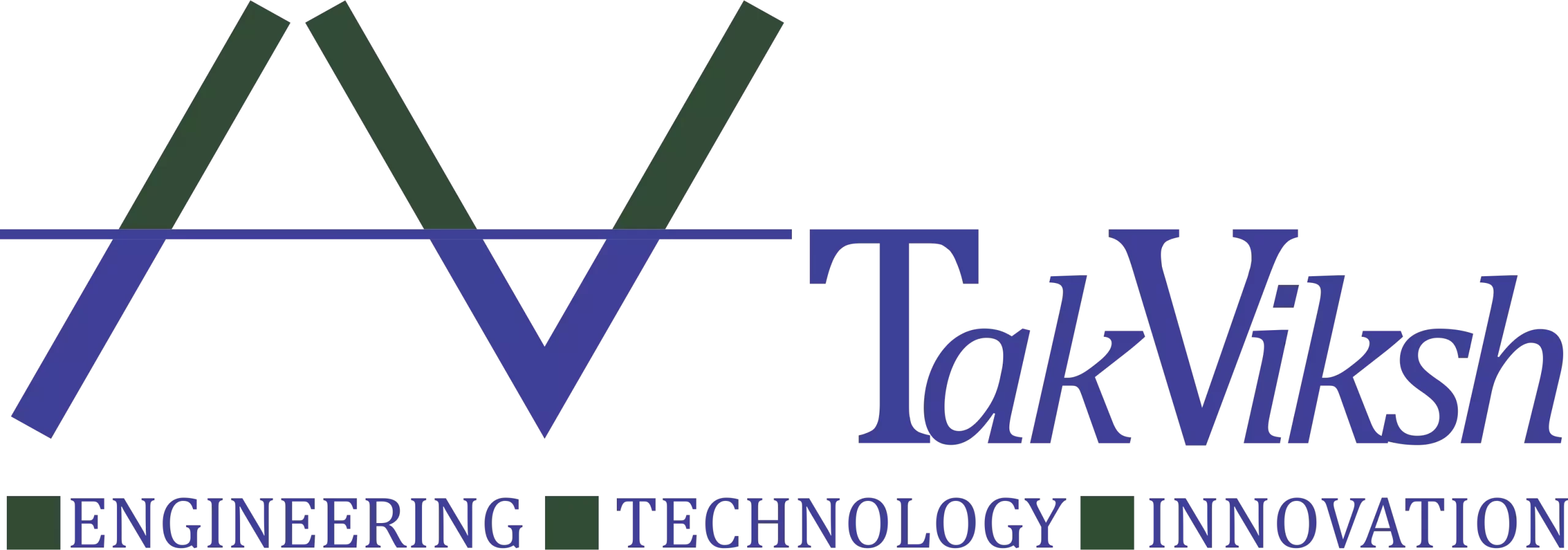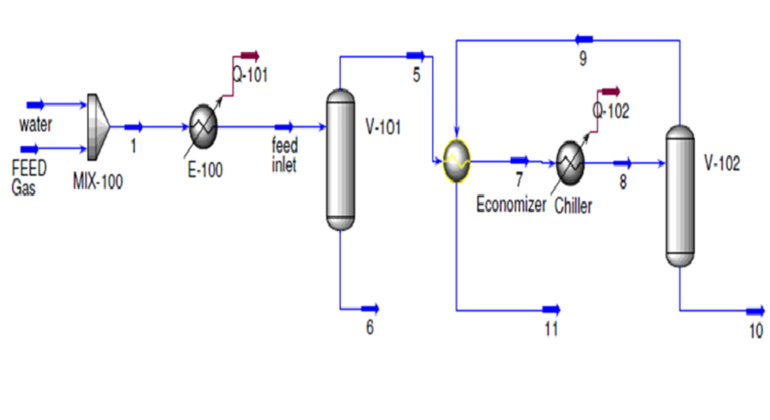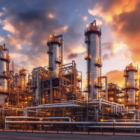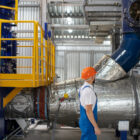In the intricate landscape of the oil and gas, refinery, petrochemical, and specialty chemical industries, selecting the right process engineering consultant is vital for achieving optimal operational efficiency, safety, and sustainability. This blog delves into the key technical aspects of process design engineering tailored to the unique challenges faced by these sectors.
The Role of Process Engineering in Industrial Facilities
Process engineering involves the design, operation, control, and optimization of chemical processes. In industrial settings, it focuses on transforming raw materials into valuable products while ensuring efficiency, safety, and sustainability. Here’s how process engineering consulting addresses critical aspects:
-
Comprehensive Process Design and Simulation
The foundation of effective process design lies in meticulous planning and simulation. Key components include:
- Data Collection: Gathering extensive data on feedstock characteristics, operating conditions, and historical performance metrics to inform process design decisions.
- Process Simulation: Advanced software tools like Aspen Plus or HYSYS or DWSIM model chemical reactions and thermodynamic properties, allowing for optimization of reaction pathways and process conditions.
- Heat and Mass Balance: Establishing thermal and material balances across the process units ensures that all inputs and outputs are accounted for, facilitating efficient resource utilization.
- Line Sizing: Accurate line sizing is crucial to ensure appropriate flow rates, minimize pressure drops, and optimize energy consumption in fluid transport systems.
- Material of Construction (MOC) Selection: Choosing the right materials for equipment and piping is vital to ensure longevity and safety, considering factors such as corrosion resistance, temperature, and pressure ratings.
- Equipment Sizing and Selection: Determining the optimal size and type of equipment (reactors, heat exchangers, separators) based on design specifications and process requirements.
- Process Flow Diagrams (PFD): Creating PFDs provides a high-level overview of the process, showcasing the relationships between major equipment and the flow of materials through the system.
- Piping and Instrumentation Diagrams (P&ID): Developing P&IDs details the specific piping, instrumentation, and control systems, ensuring a clear understanding of how each component interacts within the process.
- Sensitivity Analysis: Assessing how changes in operating conditions impact performance, helping to refine designs for maximum efficiency.
-
Safety and Risk Management
Safety is paramount in process engineering. Rigorous safety assessments are essential for identifying and mitigating risks throughout the lifecycle of chemical processes. Our focus includes:
- HAZID (Hazard Identification): A proactive approach to identifying potential hazards associated with a process or operation, facilitating the development of appropriate risk mitigation strategies.
- HAZOP (Hazard and Operability Study): A structured examination of complex processes to identify potential hazards and operability issues, ensuring safe and efficient operation.
- QRA (Quantitative Risk Assessment): Evaluating the likelihood and consequences of hazardous events to quantify risks and support decision-making in the design process.
- SIMOP (Simultaneous Operations): Analyzing and planning for the interactions between concurrent activities in the facility to avoid accidents and optimize operational safety.
-
Environmental Compliance and Sustainability
In today’s regulatory environment, sustainability is not just a goal but a necessity. Process engineering services include:
- Emission Control Technologies: Designing processes that minimize waste and emissions through techniques such as flaring reduction, VOC recovery, and advanced scrubbing systems.
- Energy Efficiency Analysis: Evaluating energy consumption patterns to identify opportunities for implementing energy-saving measures and optimizing the heat integration network.
- Life Cycle Assessment (LCA): Conducting LCAs to evaluate the environmental impacts of processes throughout their life cycle, from raw material extraction to product disposal.
-
Advanced Technologies and Innovations
We are at the forefront of technological advancements in the chemical and petrochemical sectors. Our engineers focus on:
-
Continuous Processing Technologies:
Exploring the benefits of continuous processing over batch processing, such as improved efficiency, reduced cycle times, and enhanced product quality.
-
Modular Plant Design:
Developing modular plants that offer flexibility, scalability, and reduced capital expenditure, ideal for specialty chemical production.
-
Process Intensification:
Implementing innovative technologies that enhance mass and heat transfer processes, resulting in smaller equipment sizes and lower operational costs.
Conclusion
In the highly competitive fields of oil and gas, refinery, petrochemical, and specialty chemical plants, having a robust process engineering framework is crucial for success. By emphasizing comprehensive process design, safety management, and environmental compliance, we ensure that operations are efficient, safe, and sustainable.
Leveraging advanced technologies and innovative methodologies allows us to optimize processes and overcome the unique challenges of the industry. Through this knowledge-sharing approach, we aim to empower stakeholders to make informed decisions that enhance operational performance and drive innovation.
Frequently Asked Questions About Process Engineering Consulting Services:
What role does a process engineering consultant play in the oil and gas industry?
A process engineering consultant is crucial in the oil and gas sector, focusing on the design, optimization, and safety of chemical processes. Companies like Takviksh provide expert consulting to help transform raw materials into valuable products while ensuring operational efficiency and compliance with industry standards.
How can a consulting engineer improve safety and risk management in petrochemical facilities?
A consulting engineer implements rigorous safety assessments, including HAZID and HAZOP studies, to identify potential hazards and mitigate risks. Takviksh’s expertise ensures that petrochemical operations adhere to safety regulations and operate efficiently.
What are the benefits of hiring an engineering consultant for sustainability in chemical processes?
Hiring an engineering consultant can significantly enhance sustainability efforts by designing emission control technologies, conducting life cycle assessments, and optimizing energy efficiency. Their specialized knowledge ensures that facilities minimize waste and environmental impact.







Recent Comments